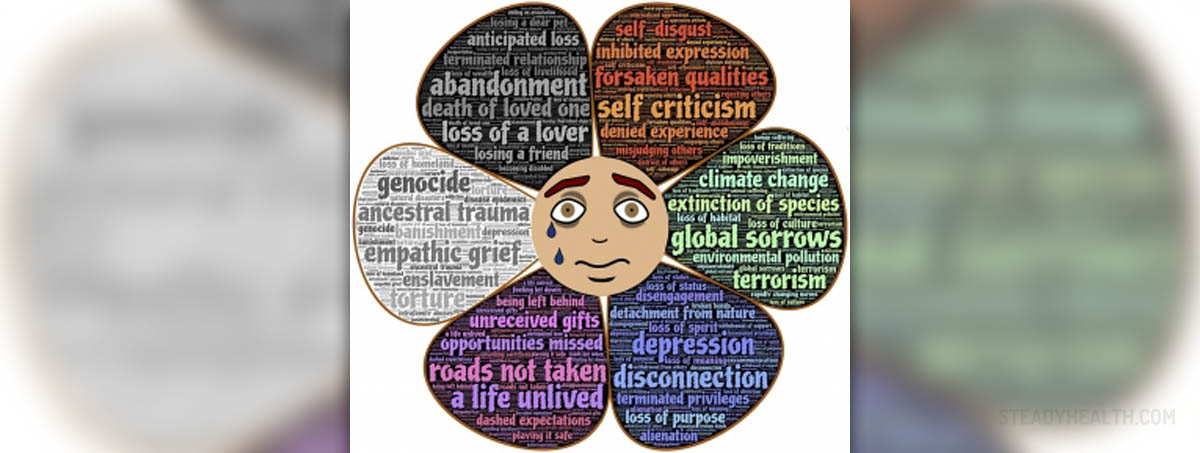
Obviously: every adult's own well-being is also his or her very own responsibility. It is a common habit of people who mistreat themselves to blame others for their poor well-being, and furthermore not assume responsibility for the self-neglected person.
This misconception is a common psychological defense mechanism, and is an unfairly expectation. No adult could possibly ever be blamed for another's state if the case of the person is a result of self abandonment – that is to say, such claims may only be true for persons who are children, ill or seniors.
What are the Causes of self-abandonment?
It is a widely known fact that there is such a thing called a healthy amount of self-criticism. However, the following is a brainstormed list of points one often takes into account when judging oneself – improperly:
the question of various types of inadequacy
the question of the intelligence applied behind one's actions
the question of physical beauty; that is to say one's sense of personal aesthetics, what are one's qualities thus-wise, and accordingly, which of those have been properly emphasized
the question of not taking failure too lightly
the lack of apathy to other people's opinions
the fact that one may have more responsibility over one's state than it is assumed
the questioning of one's maximum potential and the actual amount one has reached
and so forth, et cetera. As it is clear, the above list alone is capable of producing an entire array of feelings of self-alienation and worthlessness.
The next step is: ignoring the self-inflicted emotional scars. That only furthers the problem... Such an act may lead a person into ill habits along the lines of substance abuse and overeating, which when compared to the original source of unhappiness, strangely enough, yield the opposite effects.
After that, the person is so hopeless that one starts blaming others for the state one is caught up in. One of the causes to such an act is the need for other people's approval that one is not taking well enough care of oneself, and consequently leads to the previously mentioned faulty expectation of others adopting the person's problems.
The person becomes hungry for love, and will then do anything to obtain it. The yearning for approval, attention and love is stronger than it naturally would be.
The fact is, this still more only makes things worse. Ultimately, the bottom line is: assuming full responsibility for one's state by means of not abandoning one's "inner child." It involves a certain degree of not judging it too harshly, but not allowing it to get carried away in mischief. One should always pay attention to one's feelings, and direct the focus of attention outwards rather than inwards.
That is to say, the instant one feels badly, the causes of the state should be thoroughly analyzed before engaging in self-criticism.

















Your thoughts on this
Loading...